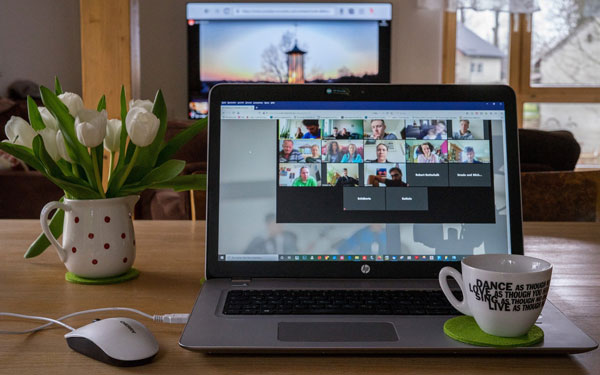
During the Covid-19 pandemic, temporary regulations enabled councils to meet remotely for the first time, providing a safe alternative to conduct their democratic business when meeting in person was not possible. These regulations only applied to meetings held between 4 April 2020 and 7 May 2021. Ever since regulations ceased, national bodies including the National Association of Local Councils (NALC), the Association of Democratic Services Officer (ADSO), and Lawyers in Local Government (LLG), have campaigned for the regulations (or similar arrangements) to be made permanent.
There have been three significant efforts so far:
The Judicial Review
In 2021, LLG, support by ADSO, NALC and others, launched a judicial review after the government refused to extend the emergency legislation. High Court judges dismissed the challenge which argued that councils could use existing powers to meet remotely. They judged that a ‘physical presence’ is needed for meetings under existing legislation, and stated that the decision whether to permit meetings to be conducted remotely was a matter for parliament, and not the courts.
Whilst the outcome was disappointing, it did pave the way for Government to legislate. In the same year, the Department for Levelling Up, Communities and Housing (DLUCH) launched a call for evidence about making such arrangements.
Levelling up and Regeneration Bill
Working with its presidents and vice-presidents, NALC was able to table amendments in the House of Lords for a debate on the Levelling Up and Regeneration Bill. This Bill could have provided the statutory hook to change the law as per the High Court judges suggested. Despite the fact that the House of Lords was itself meeting in a hybrid format, Government has retained its position and refused to make the necessary legislative change.
The Freedom of Information Request
Two years after Governments call for evidence, which lasted 12 weeks and received over 4,300 responses, Government has still not produced a response. ADSO and LLG submitted a Freedom of Information request asking for the information Government had received, along with any analysis that had been conducted. Government refused the request stating that releasing the information at this stage serves no particular public interest and is outweighed by the level of vexatious burden imposed with processing the request.
The Devon Association of Local Councils, lead by the views of it member councils, supports legislative change enabling parish and town councils to meet remotely for several reasons including:
Whilst efforts to date have not been successful, DALC is grateful to the organisations that continue to campaign for legislative change, and will add our support to any future endeavors which will yield the results our members have asked for.